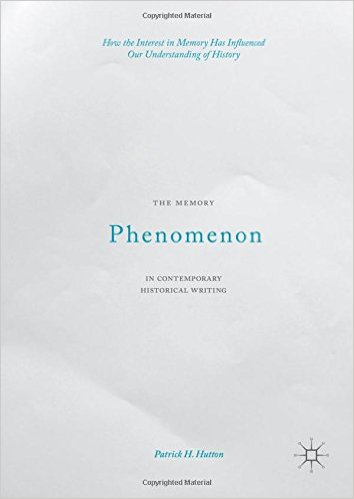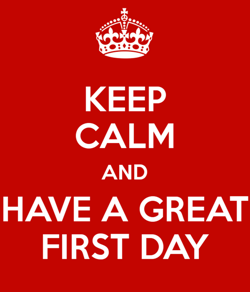Over the next few weeks, we are excited to be featuring profiles of numerous alumni of our department. Our BA and MA graduates have found success in a very wide variety of fields, applying skills and knowledge they gained as history students in many different ways in their chosen careers.
In this installment, we are very pleased to feature State Senator Tim Ashe. He majored in history at UVM with a European concentration, before going on to graduate school at Harvard’s Kennedy School of Government, focusing on domestic social policy. In 2004, he elected to his first of three terms on the Burlington City Council. He was elected as Senator for Chittenden County in 2008, and is now in his third term. He is Chair of the Finance Committee and also serves on the Judiciary Committee.
What is your current job?
I represent Chittenden County in the Vermont State Senate.
What path did you take to your current job/career, after graduating from UVM? Is it the path you expected to take when you graduated?
Just a few days after graduating in 1999 I started work in Bernie Sanders’ Burlington office. This was when he was still a member of the U.S. House of Representatives. After nearly three years working for Bernie, I started a career in affordable housing development. On a parallel track I served on the Burlington City Council for four years, and have now served in the Vermont Senate for eight years. I’ve always been motivated to solve public problems, so if there is one common thread in my experience that’s it. I’ve never been a conformist, or a careerist, so I’ve followed my heart from experience to experience.
Why did you choose to study history?
I’ve always believed that all disciplines can be understood through the humanities. One hour with Professor Denise Youngblood would be equal parts sociology, political science, art history, psychology, etc. The study of history, when coupled with rigor and discipline, is as good a way to develop critical thinking as any other.
What was your regional concentration? What drew you to study that part of the world?
My concentration was Eastern and Central Europe. I was particularly interested in the nations that transitioned from Soviet control in the late 1980s and early 1990s – the Czech and Slovak republics, Poland, Hungary. The Czech Republic had a particular appeal, transitioning as it did to an infant democracy with a playwright at the head. The late 1990s was also a time when Burlington welcomed many Bosnians, so the conflicts in the former Yugoslavia felt very close to us at UVM.
What was your favorite history course that you took at UVM?
The simple answer is every course I took with Professor Denise Youngblood. She was the best. More specifically though, four classes stood out. With Professor Youngblood the two Russian history courses and European Society and Culture from 1880-1920 were expansive and left impressions that remain with me today. The late Peter Seybolt taught a seminar on Nationalism that as a first or second year student demonstrated what real history looked like, how to write it, how to source it.
What skills did you gain as a history student that you apply in your current job?
The single most important skill I learned was how to build an evidentiary case, to document. An obsession with supporting documentation, and knowing which sources have real value and which do not, has never let me down.
Any words of advice for our current history students?
Before setting out upon graduation, remember to ask yourself two basic questions – what type of person am I, and what type of life do I want to live? If you really reflect on these questions your relationship with yourself and the world will be more rich. Don’t be one of those people who, halfway through life, decides to be a “good person” by donating $100 to some charity.
You can follow Senator Ashe and read more about the work he does on his website, on Twitter and on Facebook.


